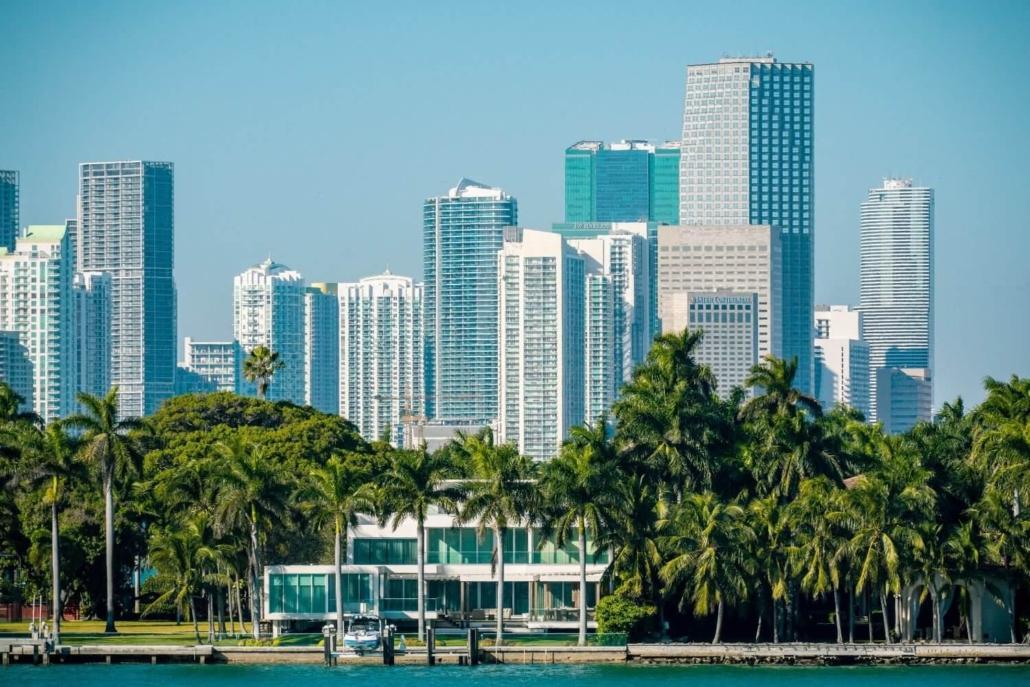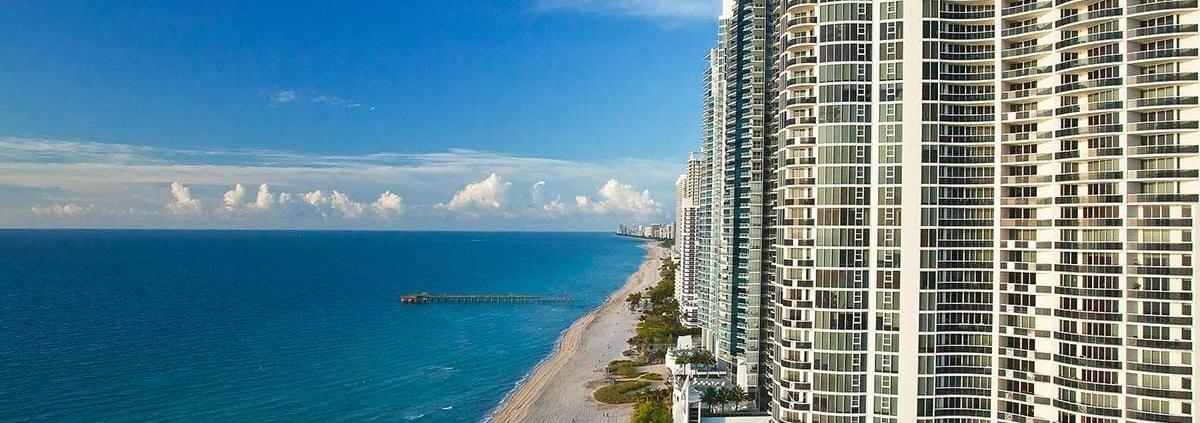Overview of the Airbnb Regulations in Miami
Explore Why Airbnb in Miami is a Great Idea for Investment.
Introduction
As the sharing economy continues to expand, Miami has become a popular destination for Airbnb hosts and guests alike. With its vibrant nightlife, beautiful beaches, and diverse culture, it’s no wonder that many people are drawn to this tropical paradise. However, as the popularity of short-term rentals grows, so too does the need for regulation. According to recent data, there are over 14,000 Airbnb listings in Miami and over 6,400 Airbnb listings in Miami Beach, which highlights the importance of understanding and adhering to local regulations.
This article will provide an overview of the Airbnb regulations in Miami, helping hosts and guests navigate the complex world of short-term rentals with ease. We’ll cover topics such as local legislation, safety and building code compliance, homeowners associations, insurance considerations, taxes and financial obligations, and potential penalties and enforcement.
Read about Starting an Airbnb Business in Miami: A Guide.
Understanding the Local Legislation
To operate an Airbnb in Miami, it is essential to be aware of the local laws and regulations that govern short-term rentals. In Miami-Dade County, these regulations vary depending on the municipality. For example, the City of Miami Beach has strict regulations, while the City of Miami has more lenient rules. Before listing a property on Airbnb, it is crucial to research the specific regulations for the area where the property is located.
Miami Beach: The Strictest Regulations

Miami Beach is known for its iconic Art Deco architecture, pristine beaches, and bustling nightlife. However, it also has some of the strictest Airbnb regulations in the Miami area, which have been put in place to preserve the unique character of the community and address concerns related to noise, safety, and quality of life for local residents.
In Miami Beach, short-term rentals are prohibited in single-family homes and certain multi-family residential districts, specifically, those zoned as RM-1 (residential multi-family, low-intensity). Furthermore, rentals of less than six months and one day are only allowed in select areas, such as specific condominium buildings and hotels.
Hosts looking to operate an Airbnb in Miami Beach must comply with the following requirements:
- Get a State Vacation Rental Dwelling License.
- Obtain a business tax receipt and resort tax registration from the City of Miami Beach.
- Ensure the property meets zoning requirements and is located in an area where short-term rentals are permitted.
- Adhere to a series of operational rules, such as maintaining a guest registry, providing emergency contact information, and posting the property’s license number on all advertisements.
- Comply with the city’s noise ordinances, trash disposal guidelines, and parking restrictions.
- Limit the number of guests to no more than two persons per bedroom, plus an additional two persons, with a maximum occupancy of 10 guests.
Violating these regulations can result in steep fines and penalties. First-time offenders can face fines of up to $20,000, with subsequent violations resulting in even higher fines, as well as the potential for property liens and legal action. As a result, it is crucial for hosts considering listing their properties in Miami Beach to carefully review and comply with these stringent regulations in order to avoid severe consequences.
City of Miami: A More Lenient Approach

While Miami Beach has adopted strict regulations on short-term rentals, the City of Miami offers a more lenient and flexible approach for Airbnb hosts. Known for its diverse neighborhoods, thriving arts scene, and dynamic culinary offerings, the City of Miami presents an attractive opportunity for hosts looking to capitalize on the booming short-term rental market.
Although the City of Miami does not impose blanket bans on short-term rentals, it does enforce certain restrictions and requirements that hosts must comply with in order to operate legally:
- Obtain a Certificate of Use (CU) for short-term rentals, which verifies that the property complies with all applicable zoning and building regulations.
- Register for resort taxes with both the State of Florida and Miami-Dade County, as hosts are required to collect and remit these taxes from their guests.
- Ensure compliance with local regulations, such as noise ordinances, parking requirements, and occupancy limits. Generally, the maximum occupancy for short-term rentals is two persons per bedroom, plus two additional persons.
- Advertise the property’s CU number and tax registration numbers in all listings and marketing materials.
- Maintain accurate records of guest stays, including the dates and duration of each rental, as well as the amount of taxes collected.
Safety and Building Code Compliance
Airbnb hosts in Miami are responsible for ensuring their properties meet all local safety and building code requirements. This includes installing smoke and carbon monoxide detectors, providing fire extinguishers, and ensuring that the property has the proper egress in case of emergency. Hosts should familiarize themselves with these requirements and conduct regular inspections to ensure their properties remain compliant.
Navigating Homeowners Associations and Condo Boards
Many Miami properties are part of homeowners associations (HOAs) or condominium associations. These organizations may have their own rules and regulations regarding short-term rentals, which can sometimes conflict with local Airbnb regulations. Hosts should review their association’s bylaws and consult with their neighbors and board members to ensure they are in compliance with all applicable rules.
Insurance Considerations
Airbnb hosts in Miami should also be aware of the insurance implications of operating a short-term rental. Standard homeowners or renters insurance may not provide adequate coverage for the unique risks associated with hosting guests. It is essential for hosts to review their insurance policies and consider purchasing additional coverage tailored to short-term rentals.
Taxes and Financial Obligations

Operating an Airbnb in Miami comes with various tax and financial obligations. Hosts are required to register for and collect Miami-Dade County’s 6% tourist development tax and the state’s 7.5% sales tax. Additionally, hosts must maintain detailed records of their rental income and expenses for tax purposes. Failure to comply with these obligations can result in penalties and fines. Check out more about Occupancy tax collection and remittance by Airbnb in Florida
The Future of Airbnb Regulations in Miami
As the short-term rental market continues to evolve, so too will the Airbnb regulations in Miami. Local governments are constantly reassessing their rules to balance the needs of the community, property owners, and visitors. Hosts should stay informed of any changes to regulations in their area and be prepared to adapt their operations accordingly.
The Best US Cities for Airbnb Business in 2023
Conclusion
Navigating the complex world of Airbnb regulations in Miami can be a challenging task for hosts and guests alike. By understanding the local legislation, complying with safety and building codes, working with homeowners associations, and staying informed about the ever-changing regulatory landscape, hosts can ensure they are operating within the bounds of the law. By doing so, they can continue to provide a safe, enjoyable, and profitable experience for their guests while contributing positively to the vibrant Miami community.
Check out the Overview of Airbnb Regulations in Paris, France.

